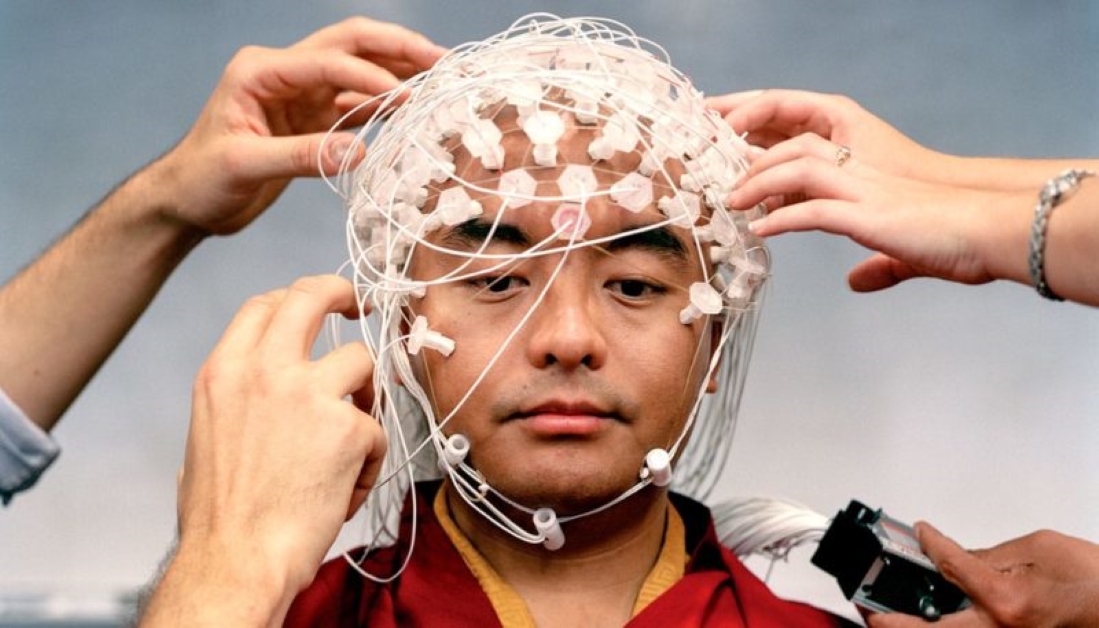
Recently, I came across a study that utilized electroencephalography (EEG) to understand whether traditional Buddhist meditation practices led to a decrease in MMN amplitude. It got me pondering: Do we truly need such third-party, observational research to comprehend the effects of practices like Vipassana meditation?
Don’t get me wrong, I have immense respect for the scientific method. But let’s dive a bit deeper and review the necessity of such an approach for meditation.
First-person vs. Third-party Research
In the vast realm of meditation, especially practices rooted in traditions like Buddhism, firsthand experiential research has always been the cornerstone. After all, isn’t meditation itself a deeply personal, introspective journey? By directly engaging in practices like Vipassana, we can not only discern its effects but also immediately benefit from them. Contrast this with a detached, third-party observational method: it seems a bit like studying the effects of water by looking at a glass, rather than drinking it.
Scientific Muda?
If you know Kaizen, you’d be familiar with the term “muda”, which refers to any activity that consumes resources without adding value. From a sustainability perspective, is it possible that conducting exhaustive studies, especially those needing considerable energy like EEG, is a form of scientific muda? Think about it: the electricity for the equipment, lab climate control, and other resources all contribute to … (use your own thinking to add whatever is suitable here), undermining the essence of mindfulness and sustainable living. Is it worth using so many resources for research when we could gain insights and enlightenment through personal experience?
Meditation in Today’s World
Meditation, particularly practices like Vipassana, might seem ancient, but they hold immense relevance even today. Possibly even more so! Our lives today are frenzied, and a contemporary approach to these traditional techniques might be what we need to find calm and clarity. The question then is: do we truly need a research paper to start such a transformative journey?
Final Thoughts
While scientific research has its undeniable merits, we should weigh its necessity, especially when the subject is as experiential as meditation. Other domains don’t apply the same rigor of scientific research and instead rely solely on direct experiential methods without assessing the consequences. Could the major experiment from the past three years serve as an example of this? Sometimes, genuine understanding isn’t derived from an EEG graph. Instead, it emerges when we close our eyes, take a deep breath, look inward, and are courageous to think autonomously.
Contact Us to learn more about MindKaizen.



